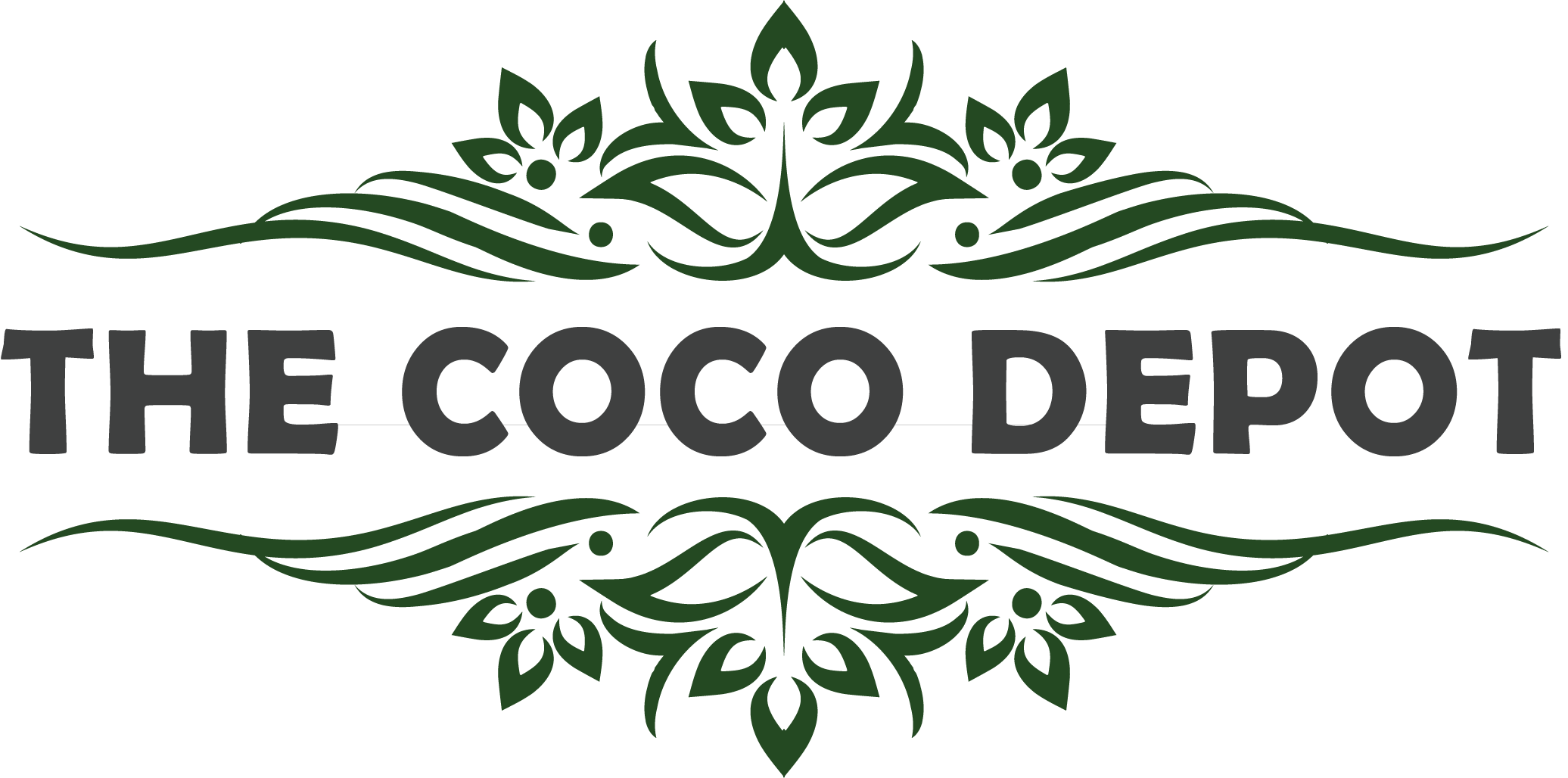As more time has been spent at home over the past year, many of us have
turned to gardening or growing indoor plants for comfort. In addition to its
health benefits, gardening is a fantastic way to improve yourself and escape
from the comforts of your own house. Blooming flowers and plants can benefit
greatly from the use of coco coir in gardening.
5 Surprising Benefits of Using Coco Coir in Your Home Garden – The Coco Depot
COCO COIR: WHAT IS IT?
Coconut husks are used to make coco coir, a growth medium. The world has
suddenly realized the limitless potential these husks provide, despite them
previous status as a waste product.
After processing, coco coir can be used for three primaries horticultural
purposes, which are primarily distinguished by their size and texture: coco
fiber, coco peat (or pith), and coco chips.
IN MY GARDEN, HOW CAN I USE COCO COIR?
All varieties of coco coir are an excellent substitute for composts made of peat.
It can be used to a wide variety of horticulture items both indoors and
outdoors. Coco coir is frequently a better option for indoor gardeners than
conventional composts and soils due to its superior aeration and water
retention.
Coco coir preparation for use with garden plants
Typically, coco coir is packaged as a dehydrated brick. As an alternative to
heavy, cumbersome dirt sacks, this enables a more cost-effective and
ecologically sustainable method of transportation.
When the brick is ready to be used, put it in a container that can accommodate
it after it has rehydrated, which is typically five to seven times its initial size.
Cover it with between 3 and 4 liters of warm water. Wait at least 15–30
minutes.
Once its ready, fluff the coir until it feels like regular soil.
The Role of Coco Coir in Urban Farming and Vertical Gardens – The Coco Depot
Properties of coco coir
Coir is sterile by nature. Nothing undesired will grow there because it won't
harbor weeds.
Despite having a similar appearance to soil, coco coir does not naturally
contain soil nutrients. Compost or nutrient-rich soil must be added to enrich it.
An alternative is to include plant-based foods that are high in nutrients.
In your soil, coco coir plants may benefit from the addition of coco coir to them
current garden soil. By providing a flexible blend of natural drainage and water
retention, coir will soften clay soil's texture and lessen waterlogging.
For sandy soil, it will have the opposite effect, making it more capable of
retaining water.
Compacted soil structures can be aerated by combining long-fiber coconut coir
with coco peat or other substrates, which keeps the ground healthy and fresh
for healthy growth.
FOR INDOOR PLANTS, COCO PEAT
For indoor plants, coco peat is an effective growing medium. In addition to
being more liquid than ordinary soil, it can hold more water. This lowers the
likelihood of root rot by ensuring that roots are properly hydrated and aerated.
Coco peat's slow rate of decomposition is one of the factors that makes it an
excellent choice for hydroponic crops. The crucial nutrient balance is
maintained by releasing very few nutrients into the soil.
How to Prepare Coco Coir: Garden Use vs Indoor Plants – The Coco Depot
SUCCULENTS USING COIR AS A GROWING SUBSTRATE
Because coco coir absorbs water, more caution should be used when watering
plants that are native to dry areas. Unintentionally overwatering desert plants
is simple. Water less frequently and give the roots enough time to dry between
applications.
You can also mix coco peat with coarser material such as pumice or sand to
replicate the arid soil of the plant’s natural environment. Coco coir with perlite
is an excellent option.
ADVANTAGES OF COCO COIR USE
The biodegradation rate of coco coir is sluggish. After finishing a growing job,
you may simply rinse it off and use it again for your subsequent endeavor.
In contrast to substitutes for peat moss, coco coir is hydrophilic. This implies
that even if it has dried out entirely, it can be readily rehydrated or rewetted.
Using coco coir with composts is another way that it can be useful. The coir can
develop enzymes that accelerate the composting process because it contains
"good" bacteria, such as the fungus Trichoderma.
In order to ensure a nutrient-rich finished product, it also holds onto nutrients
released by other compost constituents as they decompose.
OBTAINING COCO COIR FOR YOUR GARDENING NEEDS
Coco coir is better for the environment, naturally bacterial and fungal resistant, and lasts longer in soil than peat-based composts. It can also be
stored for several months between uses without decomposing, great for
seasonal growing!
Ready to mix coco coir with your green-fingered ambitions? At Coco & Coir, we
provide a wide range of coco coir-derived composting materials, including peat
bricks, chips, and substrate mixes
How to Prepare Coco Coir: Garden Use vs Indoor Plants – The Coco Depot

